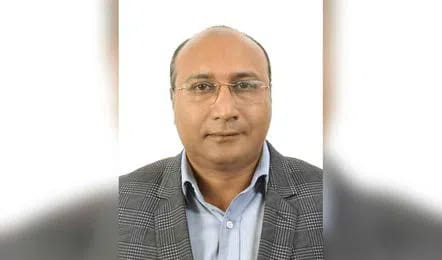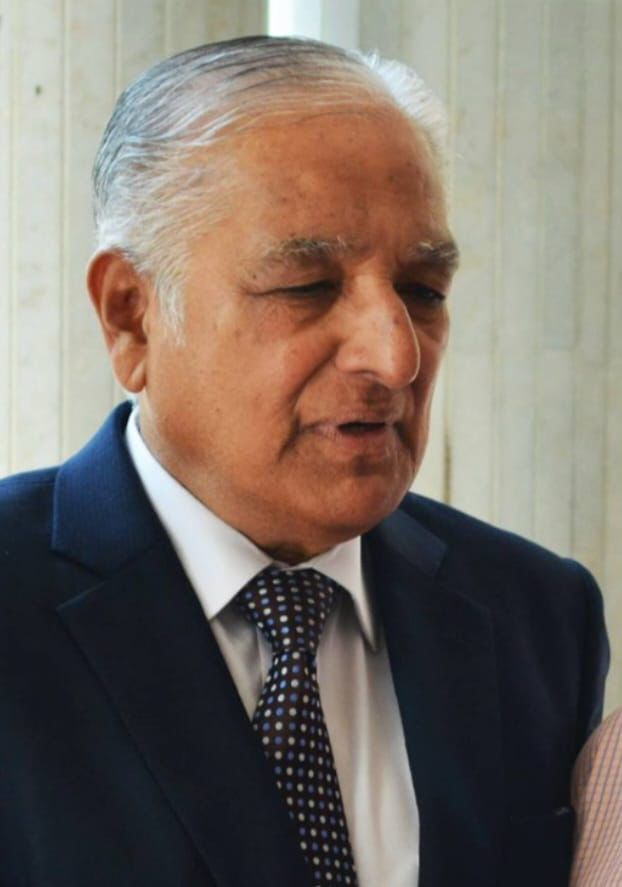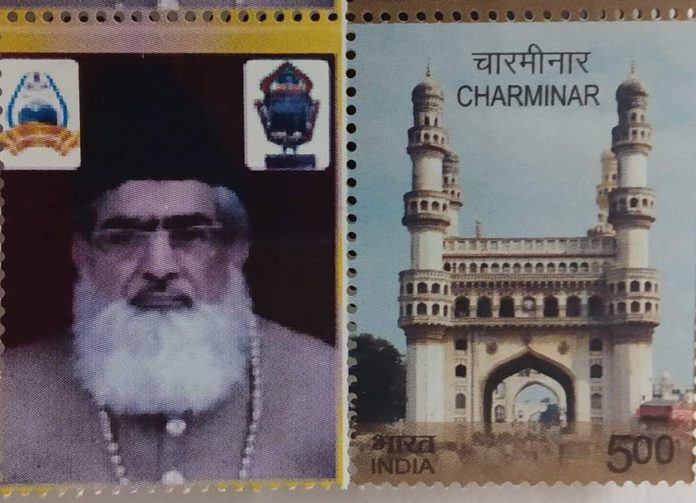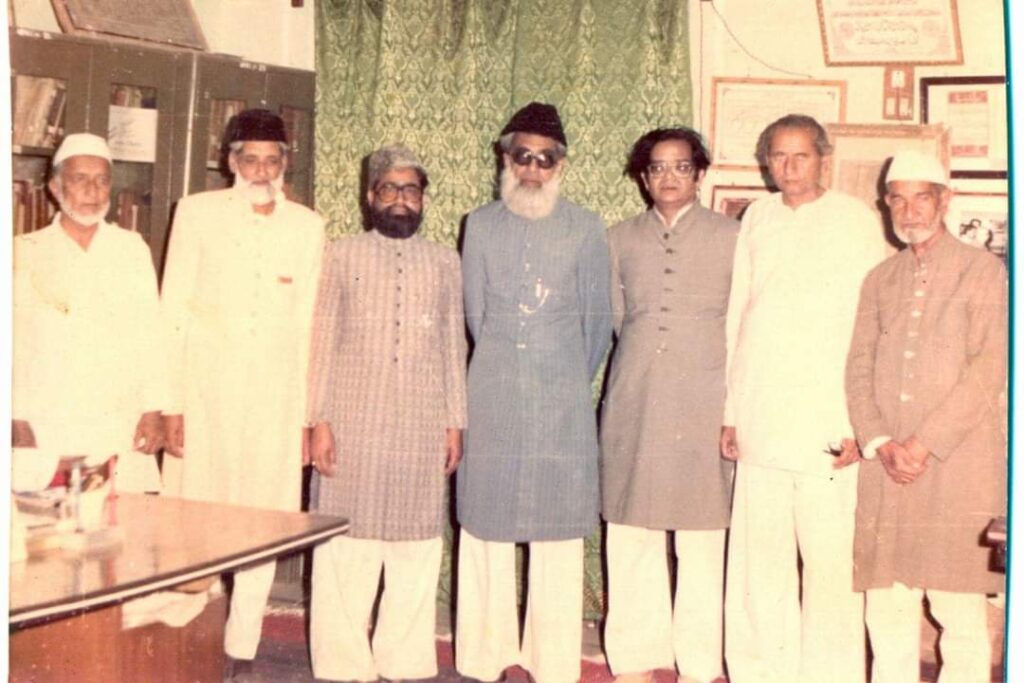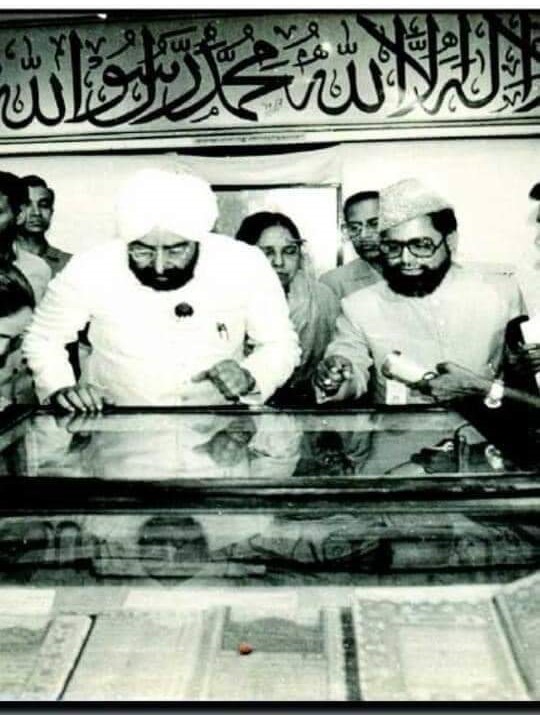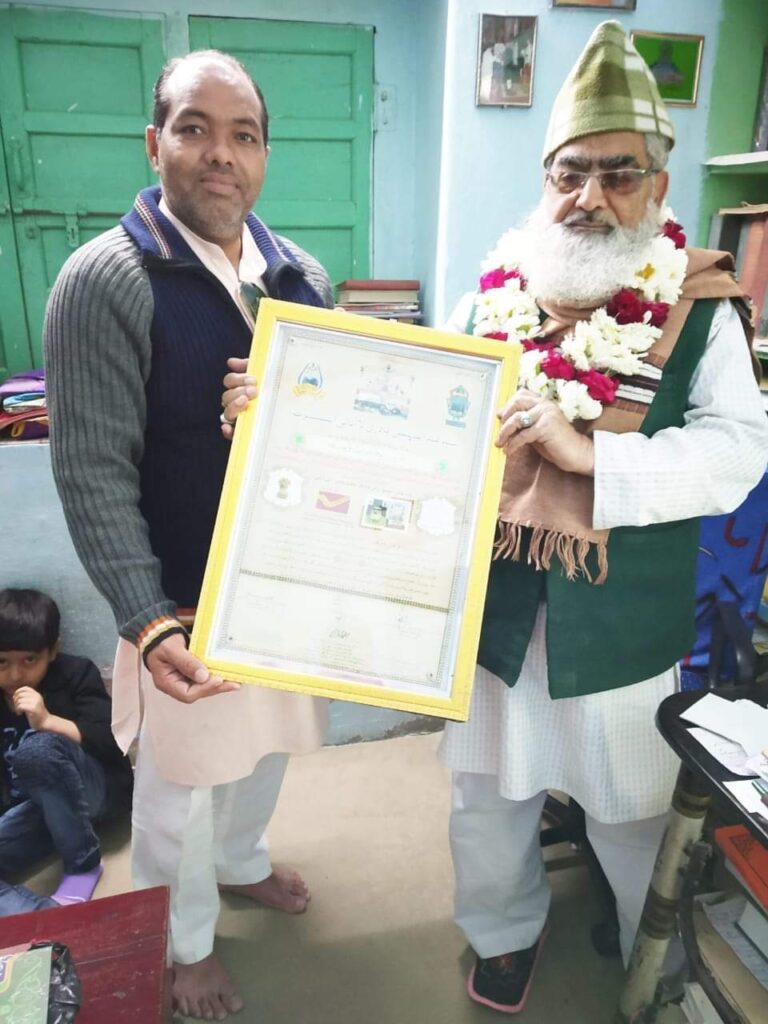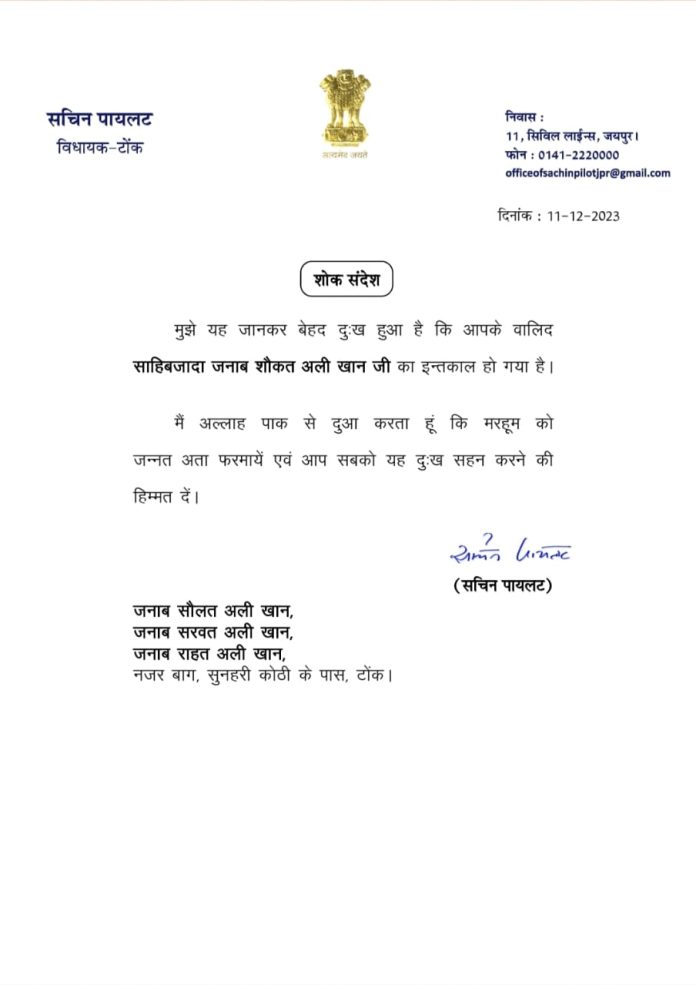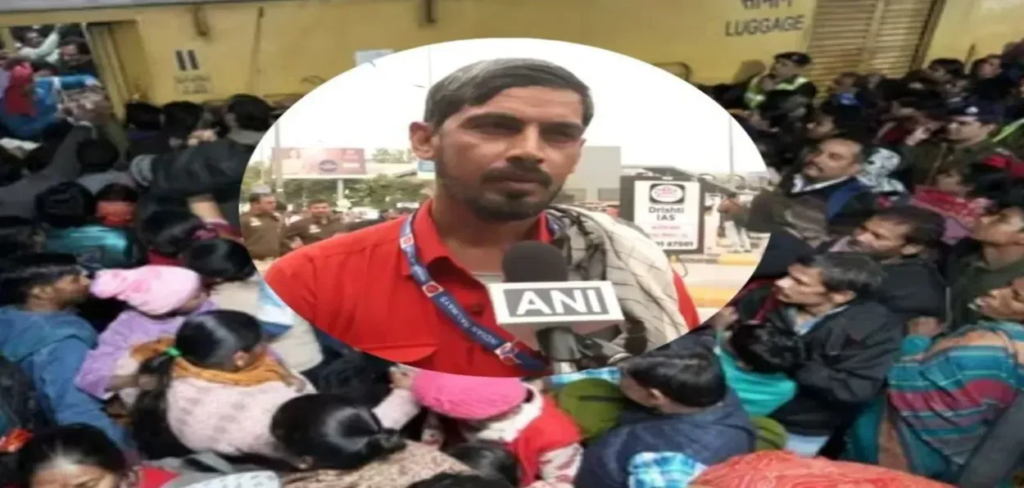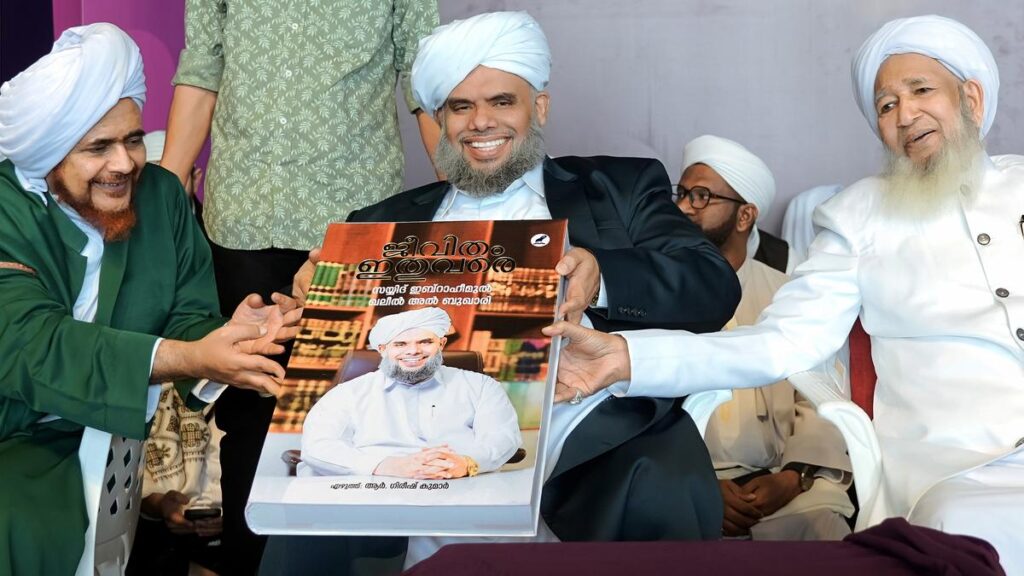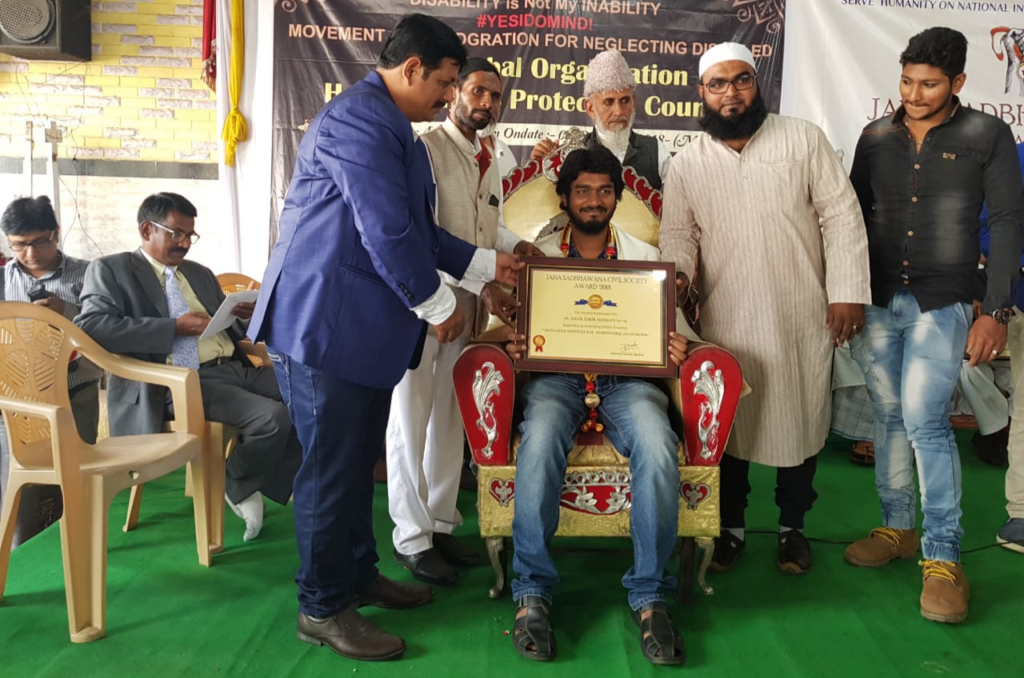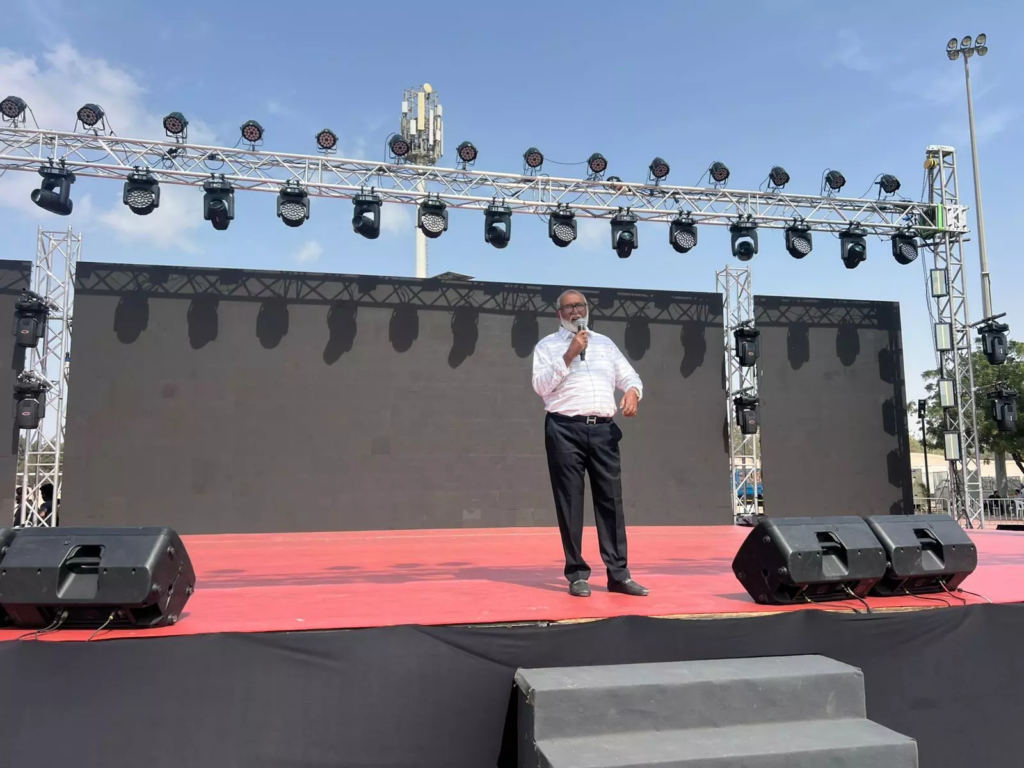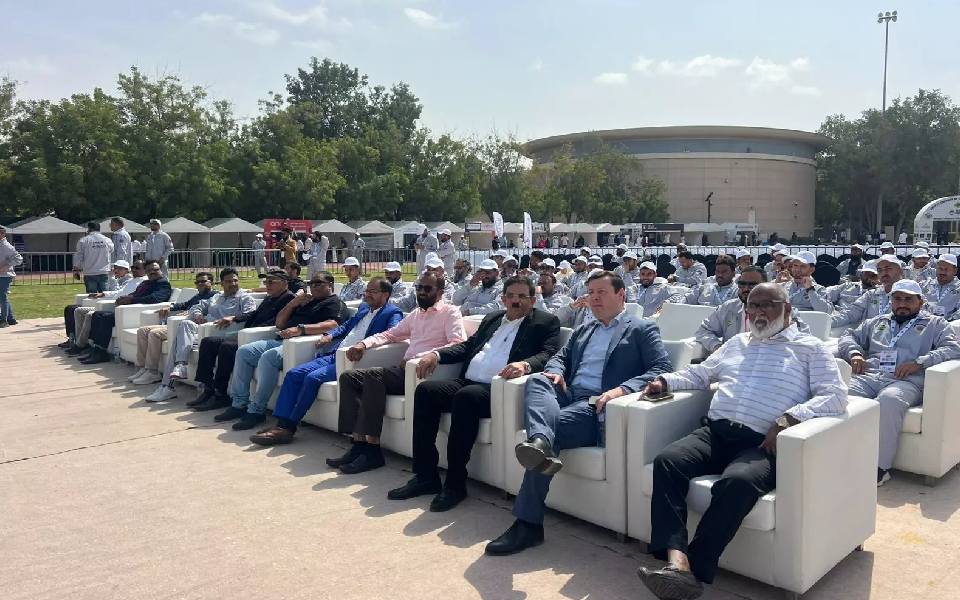Hassan, KARNATAKA :
Heart Lamp is one among the 13 books chosen by the 2025 International Booker Prize judging panel, headed by Max Porter.

Banu Mushtaq. File | Photo Credit: The Hindu
“It is an honour for Kannada that a work written in our language is getting this recognition,” said Hassan-based Kannada writer, advocate and activist Banu Mushtaq, whose collection of stories Heart Lamp, translated by Deepa Bhasthi, has found a place in the long list for the International Booker Prize 2025.
Heart Lamp is one among the 13 books chosen by the 2025 judging panel, headed by Max Porter. The judges made their selection from 154 books submitted by publishers. The shortlist of books will be announced on April 8 and the winner will be announced on May 20.
Heart Lamp, is a collection of 11 short stories written by Banu Mushtaq between 1990 and 2023. “So far I have brought out six collections of short stories in Kannada. Among them, 11 were chosen for the collection Heart Lamp,” said Ms. Mushtaq.
What judges said
The judge panel, in its comment on the collection, stated, “Written in a style at once witty, vivid, colloquial, moving and excoriating, it’s in her characters – the sparky children, the audacious grandmothers, the buffoonish maulvis and thug brothers, the off-hapless husbands, and the mothers above all, surviving their feelings at great cost – that Musthaq emerges as an astonishing writer and observer of human nature, building disconcerting emotional heights out of a rich spoken style.”
Earlier, an English translation of a collection of her short stories Haseena and Other Stories won English PEN translation award for the year 2024. That was also translated by Deepa Bhasthi.
Early years
Ms. Mushtaq began writing in the progressive literary movement in Karnataka in the 1970s and 1980s, which gave voice to several people from dalit and minority communities, including strong women’s voices in Ms. Mushtaq.
Some of her early writings were published in Lankesh Patrike, for whom she also worked as a correspondent for some years. The writer remains a committed voice in the progressive circles, and remained critical of forces that divide people among lines of caste, class, gender and religion.
Among her important works are Hejje Moodida Haadi, Benki-Male, Edeya Hanate, Badavara Magalu Hennalla (short stories), Kubra (novel) Odde Kannina Baagina (poetry), Ibbaniya Kaavu (essays) and Kautumbika Daurjanya Kayide (on Domestic Violence Act). Haseena has also been made into a film, directed by Girish Kasaravalli.
The late Kannada writer and Jnanpith awardee U.R. Ananthamurthy was also nominated for Man Booker International Prize in 2013, but did not win it.
source: http://www.thehindu.com / The Hindu / Home> Books> Author / by The Hindu Bureau / February 26th, 2025
